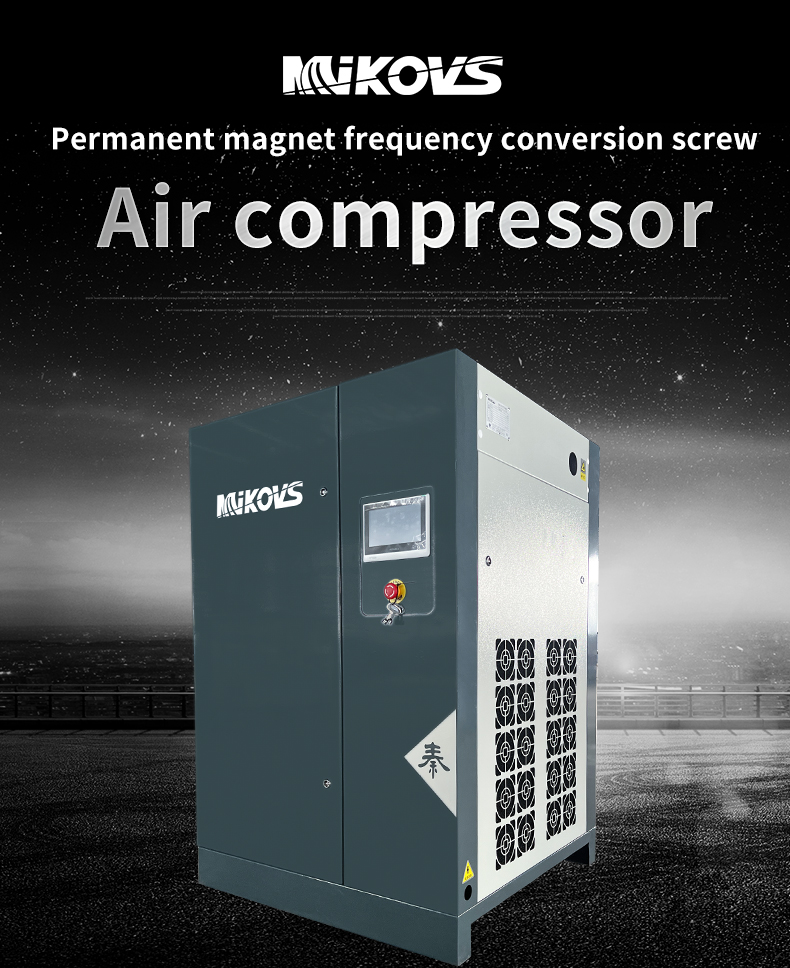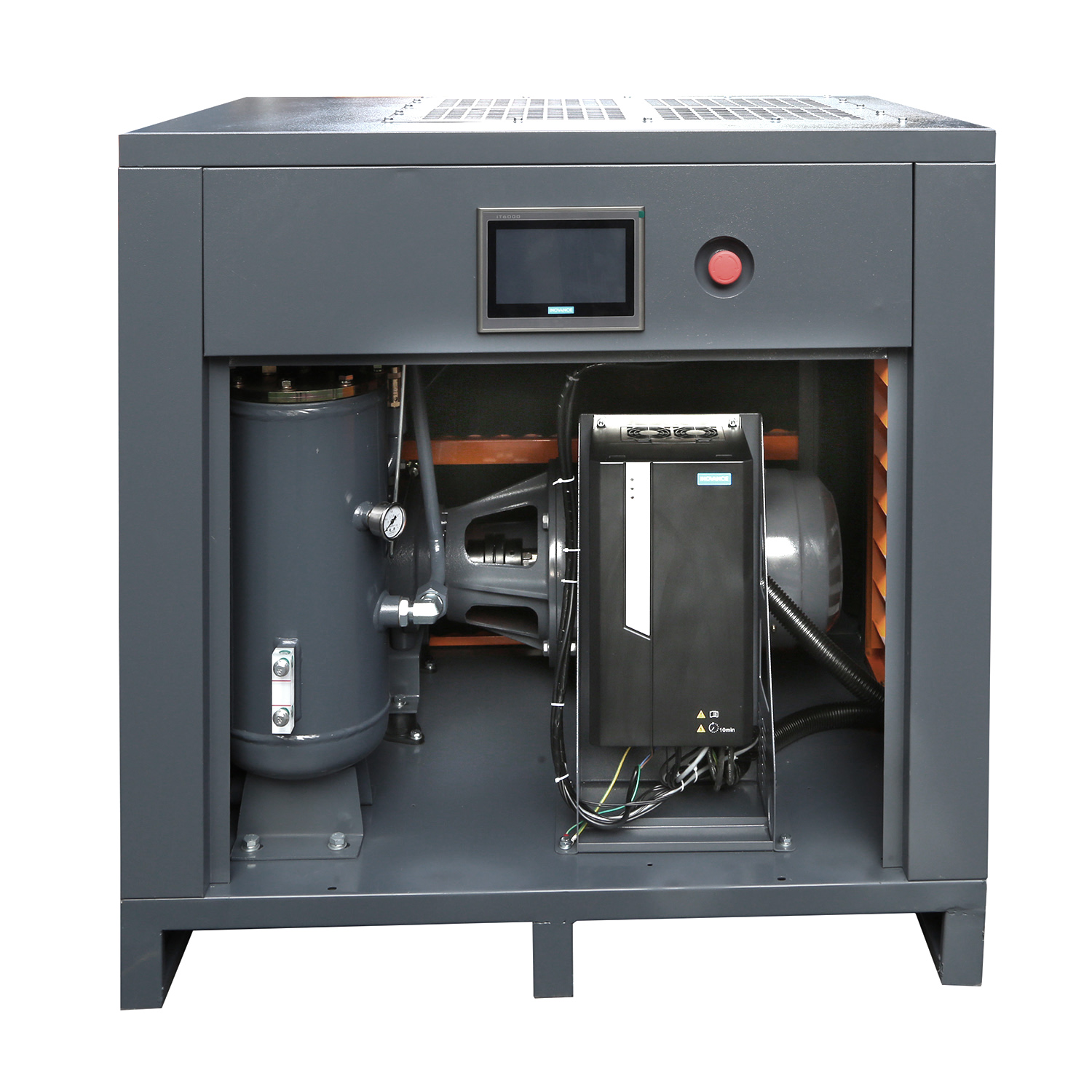As we all know, more than half of the world’s energy is lost by various frictions, and 70%-80% of the damage to machinery and equipment in the world is caused by friction. Therefore, the development history of our human machinery is also the history of our human struggle with friction. For many years, we human beings have been in order to overcome the losses caused by friction to mechanical equipment. A very heavy price has been paid, although some achievements have been made to minimize the loss caused by friction, but no real solution to the friction problem has been found in the field of tribology. The loss of energy and resources brought by friction to us humans is still huge. The impact of lubricating oil on equipment energy consumption is often overlooked. All parts of the entire equipment are rubbing against each other during operation. The role of lubricating oil is to avoid direct dry friction between parts. Friction not only causes equipment wear, but also friction produces resistance. If there is no lubrication, the equipment will not only wear out, but also the resistance generated by friction will consume more operating energy.
The crux of the problem is: We often ignore the lubrication of equipment, and even don’t know how to use lubricating oil correctly, and don’t know the relationship between it and energy saving.
1. The relationship between lubrication and energy saving:
Below, we use simple physical principles to understand the role of lubricants in energy conservation. When we consume fuel and electric energy to drive vehicles or other industrial equipment, we convert the fuel and electric energy into the kinetic energy of the equipment. If the fuel and electric energy are 100% converted into kinetic energy, it is the most ideal state, but it is impossible in reality, because There is friction, and part of the energy is lost through friction. When working, the energy E consumed by the equipment is divided into two parts:
E=W(k)+W(f), where W(k) is the kinetic energy of equipment operation, W(f) is the energy consumed by overcoming the friction force during operation and overcoming the friction in motion W(f)=f *S, where S is the amount of displacement change, the friction force in the motion of the object f=μFN where it is the positive pressure, μ is the friction coefficient of the contact surface, obviously, the larger the friction coefficient, the greater the friction force, and more Energy overcomes friction, and the coefficient of friction is related to the roughness of the surface. Through lubrication, the coefficient of friction of the contact surface is reduced, thus playing the role of reducing friction and saving energy.
In the 1960s, the Jost Report of the United Kingdom made calculations. For many countries, about 10% of the gross national product (GNP) was consumed on how to overcome friction, and a large number of equipment failed or even scrapped due to wear and tear. . Jost Report also made an estimate that 1.3%~1.6% of GNP can be saved through the scientific application of tribology, and the scientific application of tribology actually includes the use of suitable lubricants.
2. The relationship between lubricating oil selection and energy saving:
Obviously, lubricating oil can reduce the roughness of the friction surface, but lubricating oil is a chemical product with complex components. Let’s take a look at the composition of lubricating oil: Lubricating oil: base oil + additives Grease: base oil + thickener + additive
Among them, base oil can be divided into mineral oil and synthetic oil, and mineral oil is divided into API I type oil, API II type oil, API III type oil. There are many kinds of synthetic oils, the common ones are PAO/SHC, GTL, PIB, PAG, ester oil (diester oil, polyester oil POE), silicone oil, PFPE.
There are more types of additives, taking engine oil as an example, including detergents and dispersants, anti-wear agents, antioxidants, anti-rust agents, viscosity index improvers, anti-foaming agents, etc., and different manufacturers have different types of additives. Different, such as viscosity index improvers, there are many types. It can be seen that lubricating oil is not as simple as we think. Due to the complex chemical composition, the gap in composition and formulation technology will lead to differences in the performance of lubricating oil. Therefore, the quality of lubricating oil is different, and it is not enough to be used casually. We need to choose with a critical eye. High-quality lubricating oil can not only resist wear and prevent equipment wear, but also help save energy to a certain extent.
3. Lubricating oil only accounts for 1%~3% of the total equipment maintenance expenditure!
The investment in lubricating oil is only about 1%~3% of the total investment in maintenance. The impact of this 1%~3% is related to many aspects: long-term service life of equipment, failure rate, failure rate affects downtime and productivity, and corresponding maintenance costs, energy consumption, etc. Lubrication problems not only cause damage to components, but also increase the cost of maintenance personnel. In addition, shutdowns caused by failures, equipment failures, and unstable operation will cause material and product losses. Therefore, investing in this 1% can help companies save production-related costs. Other expenditures for equipment, staff, energy consumption, maintenance costs and materials.
With the development of science and technology, especially the development of nanotechnology, we humans have found new means and opportunities to overcome friction and minimize the losses caused by friction. It is realized by applying nanotechnology to the field of friction. In situ self-healing of worn metal surfaces using nanotechnology. The metal surface is nanometerized, thereby improving the strength, hardness, surface roughness, high temperature resistance and corrosion resistance of the metal surface, and achieving the goal of reducing the friction between the metal surfaces to a minimum. therefore. It has also achieved the goal of our human beings to strive for energy, resources, environmental protection, and benefits from friction.
Traditional air compressor lubricating oil is “good oil” as long as it does not gel and carbon deposit during the oil change period? Regardless of the wear and operating temperature of the main engine bearings, gears, and male and female rotors, now there are high-end automotive lubricant technology introduced into the air compressor lubrication, which brings further energy saving, quietness, and longevity to the air compressor. We all know that different lubricants are used for driving. There is still a big difference between the experience and fuel consumption and engine life! The performance of air compressor lubricating oil is ignored by most manufacturers, merchants, and users. The amateurs watch the excitement, and the experts watch the doorway. The introduction of automotive lubrication technology into the application of screw air compressors has the following improvements:
1. Reduce the operating current, because the friction force and the shear resistance of the lubrication cycle are reduced, the operating current of a 22 kW air compressor is generally reduced by more than 2A, saving 1KW per hour, and 8000 hours of oil change cycle can save energy consumption of 8000KW; 2 , Quiet, the normal host unloading is extremely quiet, and the host’s noise is lower in the loading state. The main reason is to add additive materials with a very low friction coefficient, which makes the operation silky smooth, and the noisy host can be greatly improved; 3. Reduce jitter, self-repairing materials make A layer of “nano-diamond ball” and “nano-diamond film” are formed on the surface of the running metal, which will last for a long time; 4. Lower the temperature, and it is common for the air compressor to stop at high temperature. High-performance lubricating oil reduces friction and heat, enhances thermal conductivity, Reduce the extreme pressure temperature of bearings, gears, and male and female rotors; 5. Extend the life of lubricating oil. In addition to the gelling or life of lubricating oil determining the oxidation resistance, another important factor is the temperature of the meshing extrusion point. The point temperature drops from 300°C to 150°C. The high temperature point is one of the reasons for the breakage of the lubricating oil molecular chain and the formation of carbon deposits in the cement); 6. Extend the life of the main engine. Material, forming a layer of nano-level dense protective film on the running surface, so that the metal surfaces do not touch each other and never wear, thus greatly ensuring the service life of the host.
Energy-saving silent anti-wear lubricating oil: save more electricity per hour, and the host will last for several years! Caring for customers and providing high-value services! Ladies and gentlemen, do you still think that all lubricating oils are the same?



